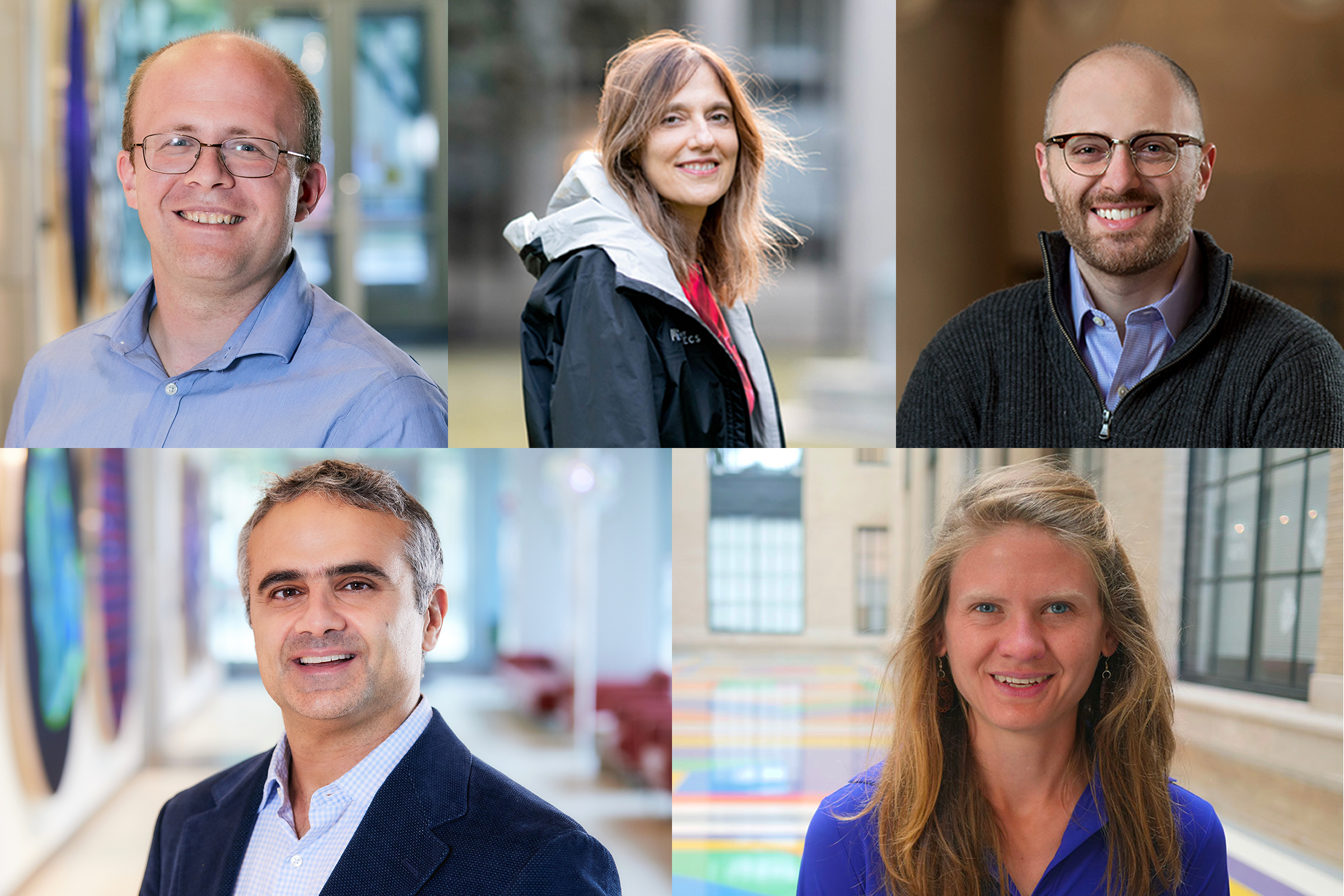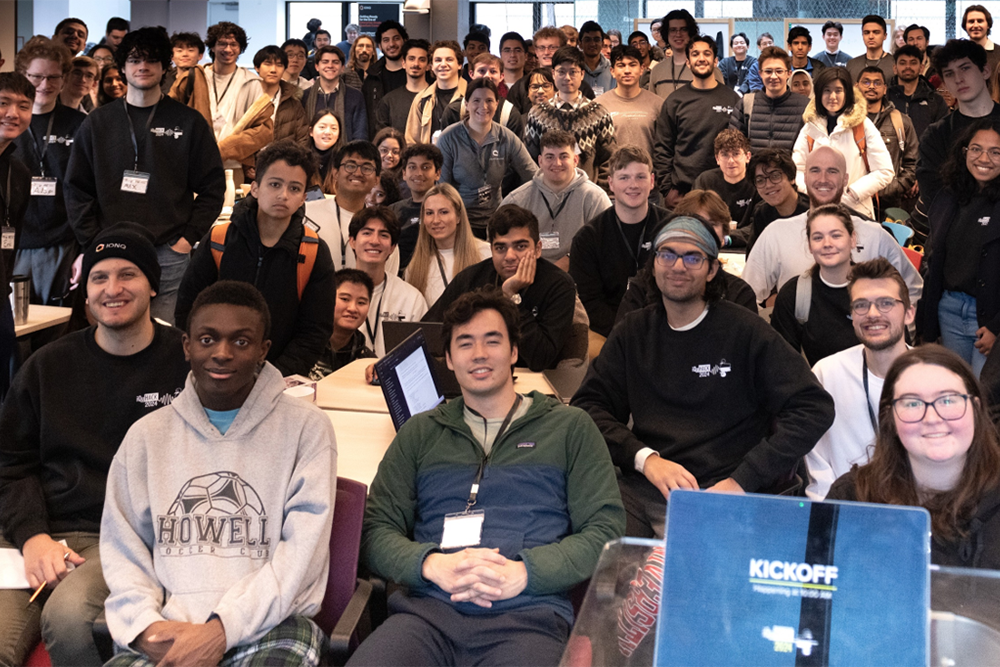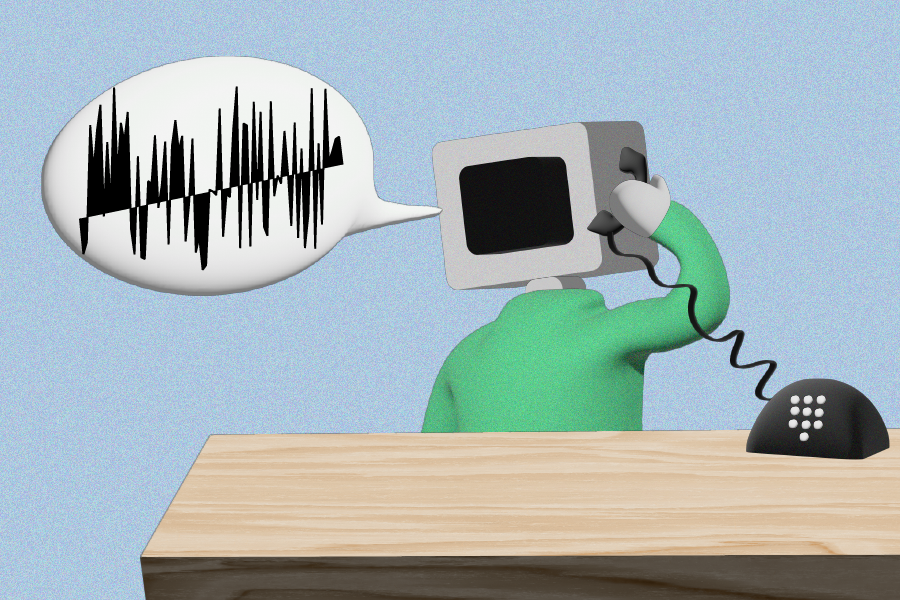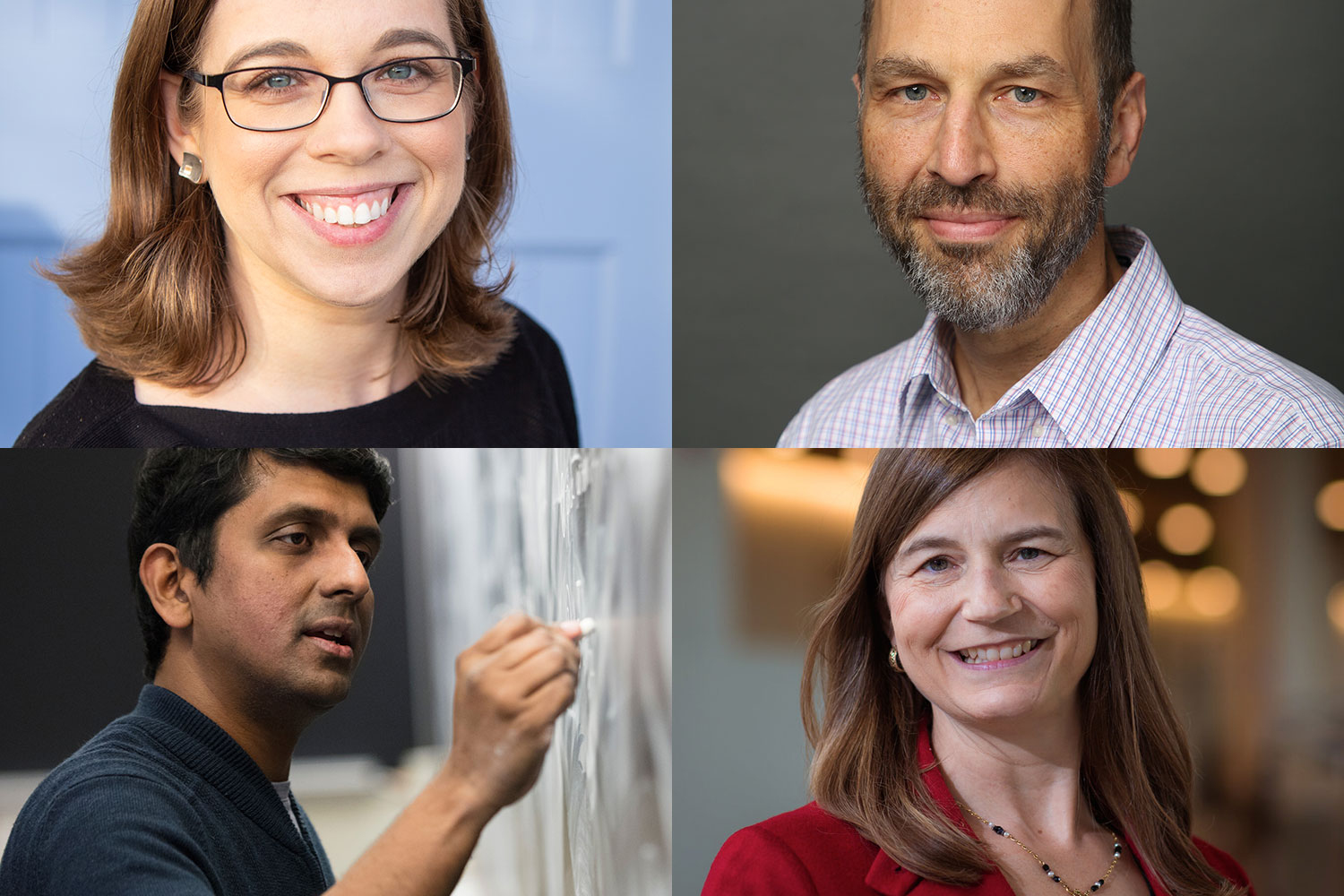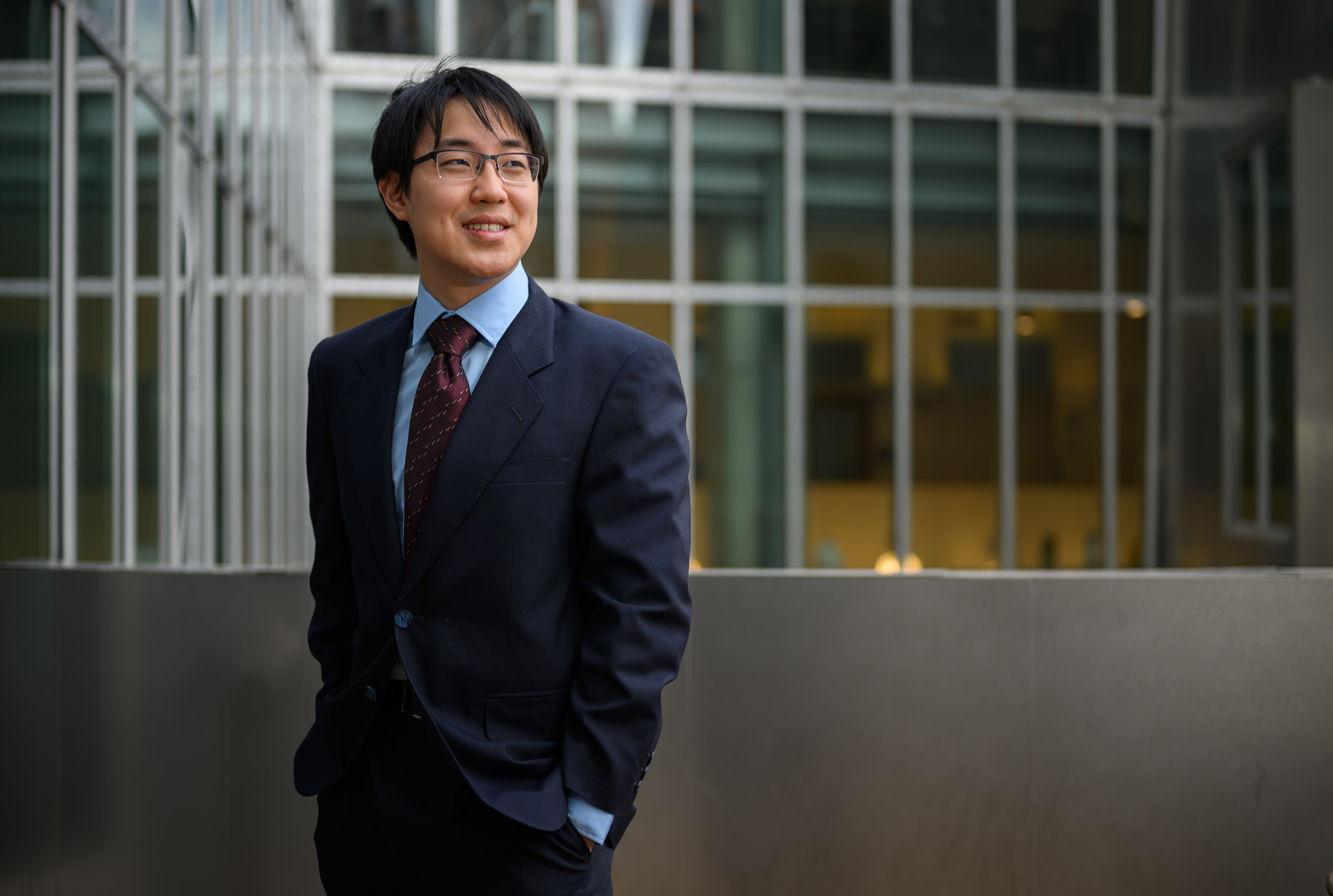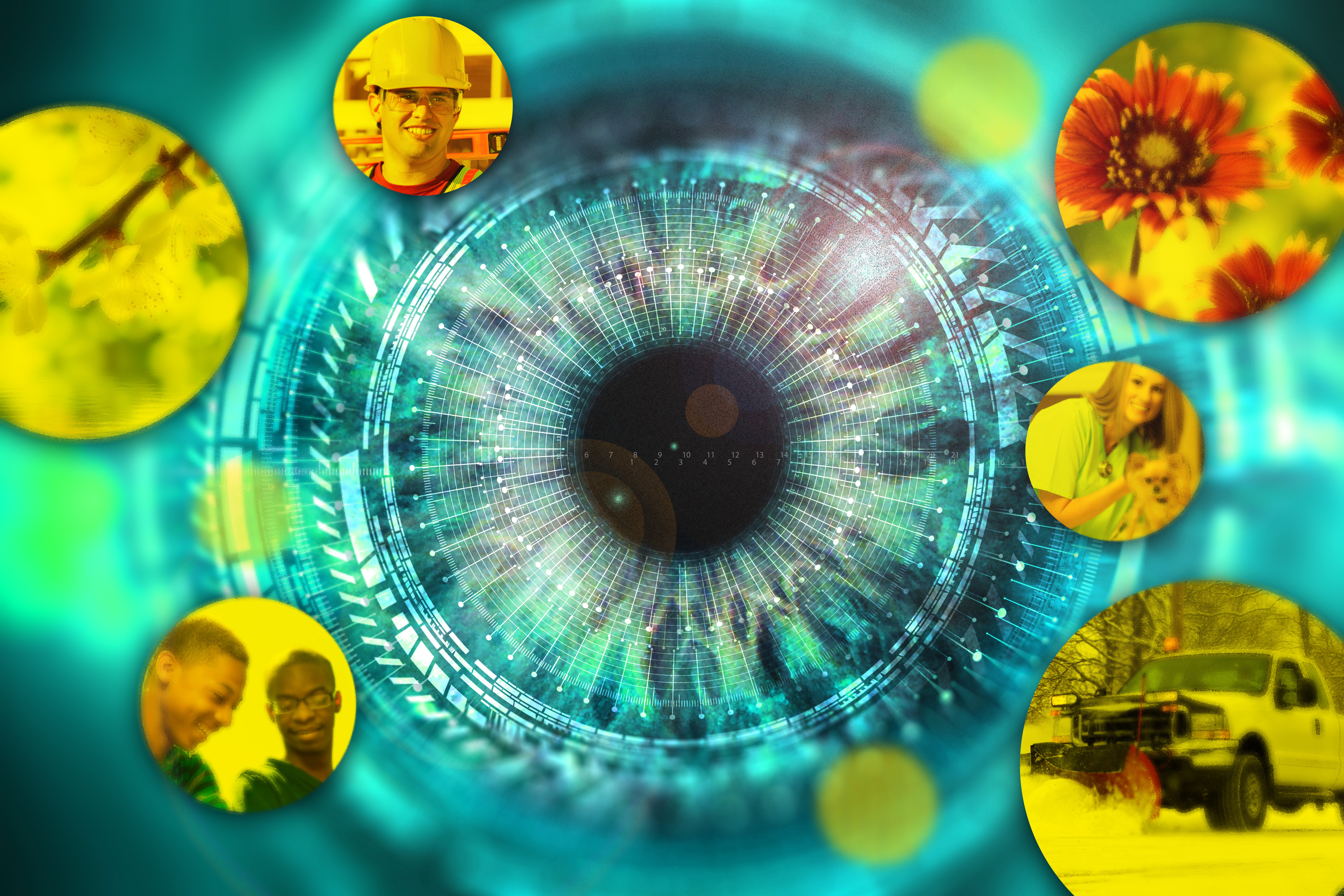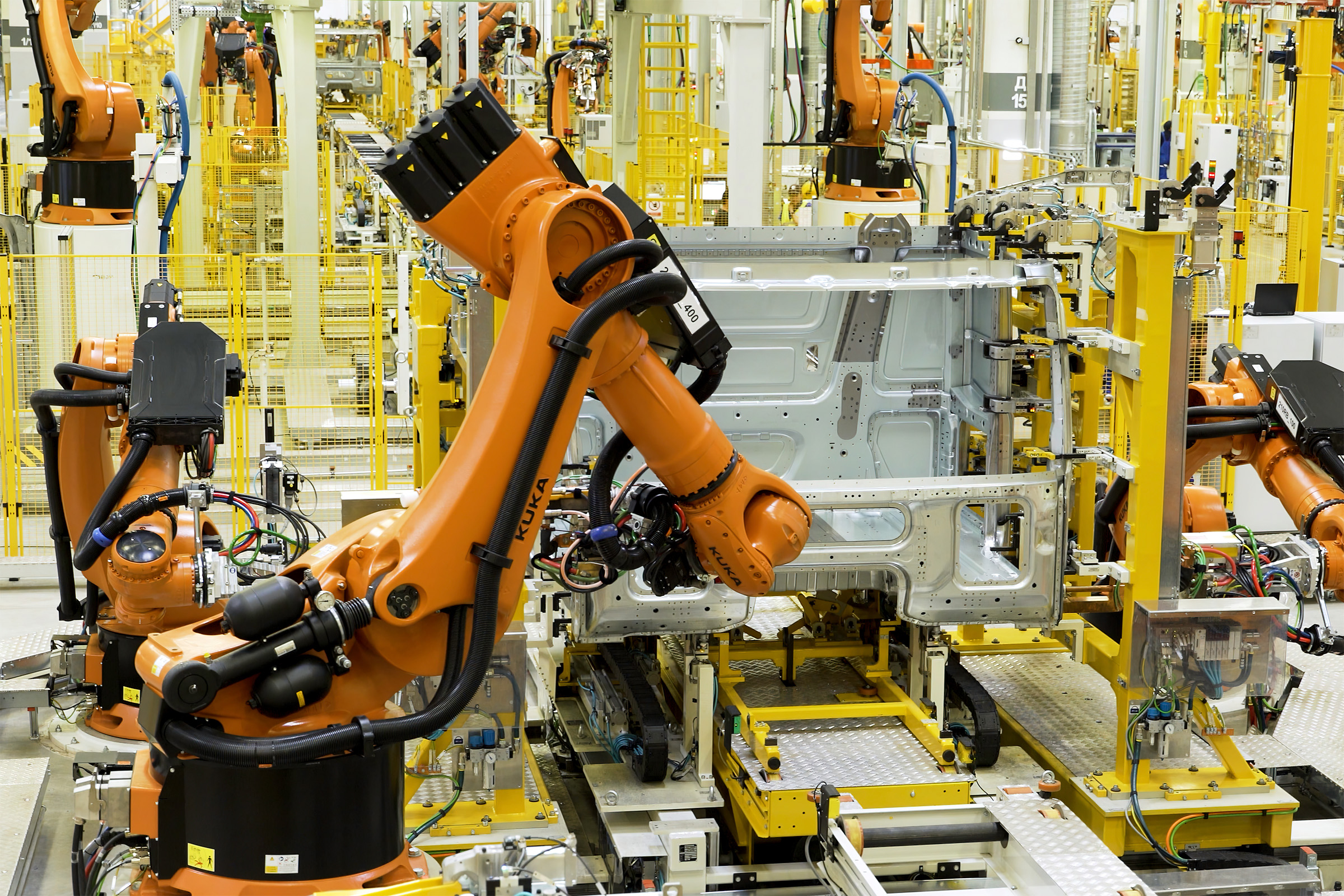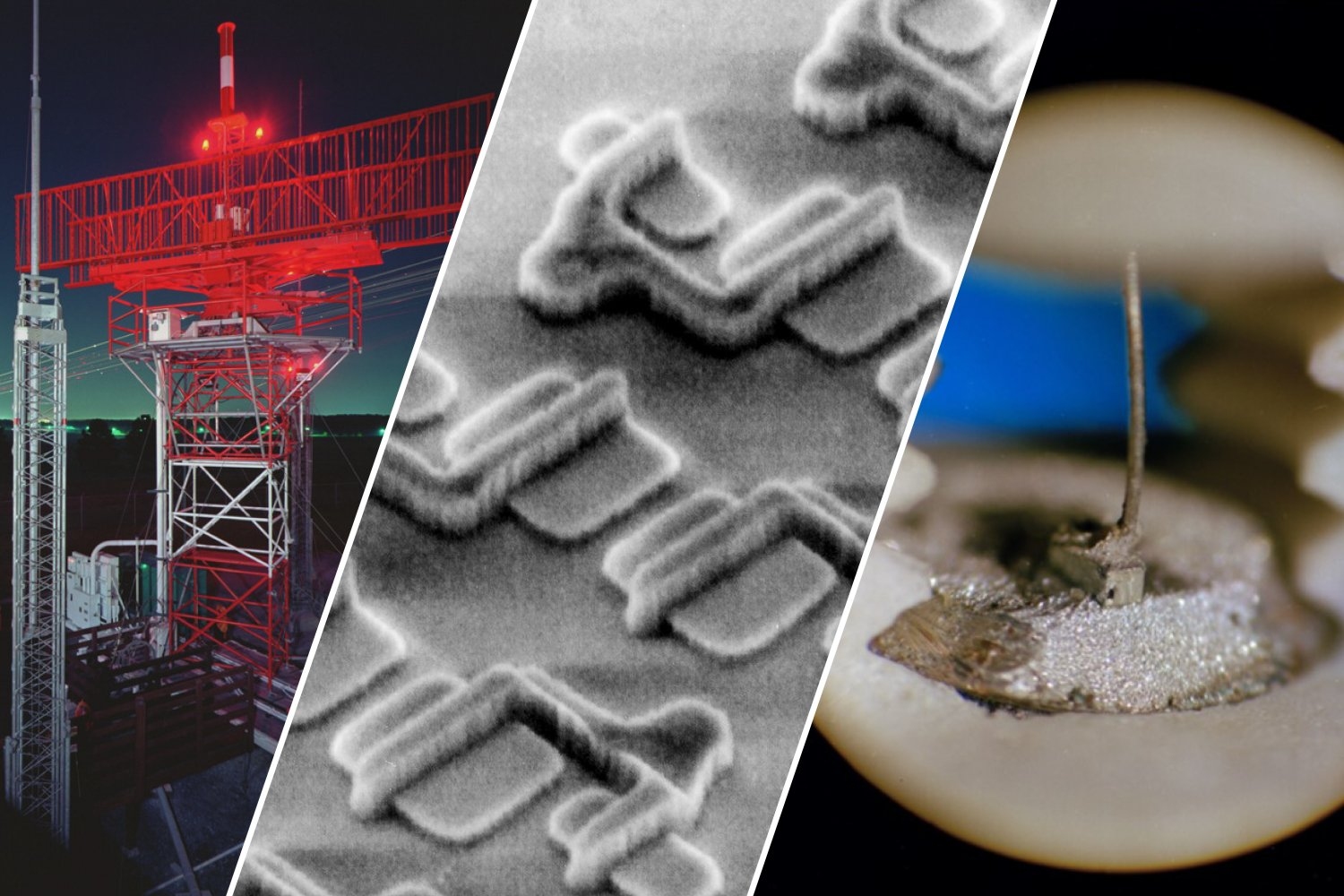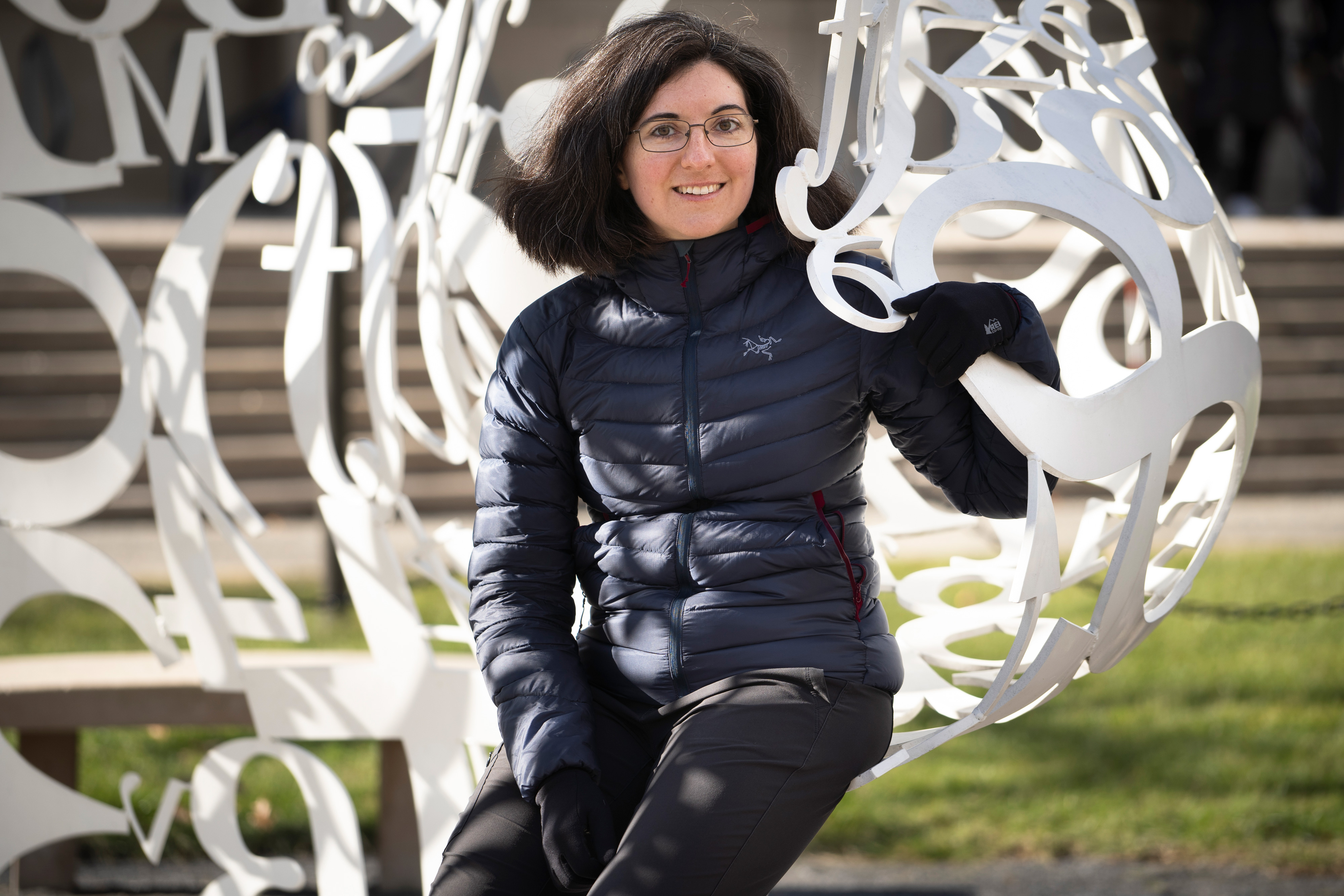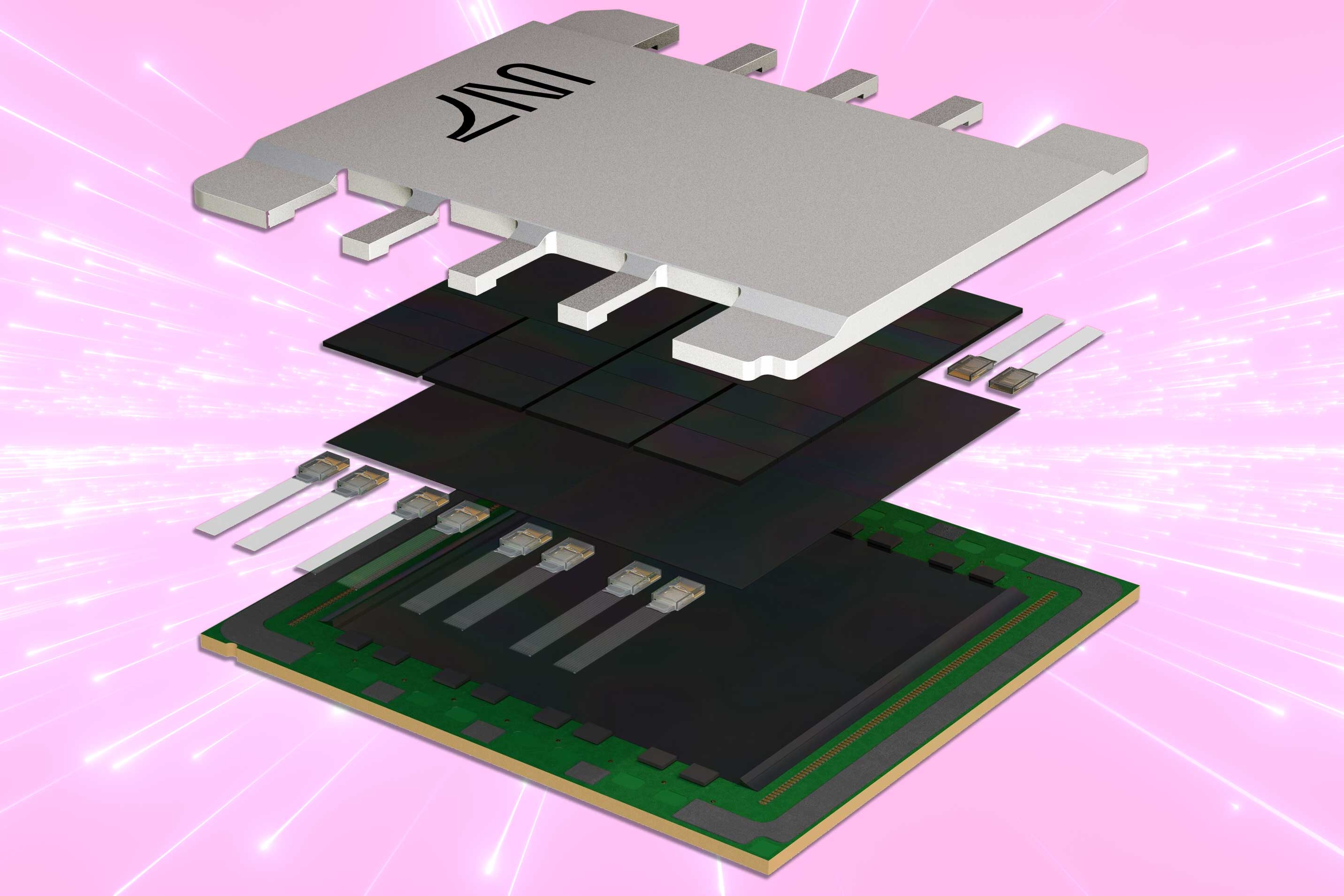This site uses cookies. By continuing to browse the site you are agreeing to our use of cookies Find out more here
Category : Next Wave Gen
Five MIT faculty members take on Cancer Grand Challenges
Joining three teams backed by a total of $75 million, MIT researchers will tackle some of cancer’s toughest challenges.
Unlocking the quantum future
At the MIT Quantum Hackathon, a community tackles quantum computing challenges.
3 Questions: What you need to know about audio deepfakes
MIT CSAIL postdoc Nauman Dawalatabad explores ethical considerations, challenges in spear-phishing defense, and the optimistic future...
2024 MacVicar Faculty Fellows named
Professors Berggren, Campbell, Pollock, and Vaikuntanathan are honored for exceptional undergraduate teaching.
Envisioning a time when people age without fear of...
Moved by the human devastation and scientific conundrum of Alzheimer’s, William Li seeks to work on therapies for the disease.
Researchers help robots navigate efficiently in uncertain...
A new algorithm reduces travel time by identifying shortcuts a robot could take on the way to its destination.
Researchers enhance peripheral vision in AI models
By enabling models to see the world more like humans do, the work could help improve driver safety and shed light on human behavior.
Method rapidly verifies that a robot will avoid collisions
Faster and more accurate than some alternatives, this approach could be useful for robots that interact with humans or work in tight...
Using generative AI to improve software testing
MIT spinout DataCebo helps companies bolster their datasets by creating synthetic data that mimic the real thing.
Three Lincoln Laboratory inventions named IEEE Milestones
Achievements in air traffic control, microelectronics, and lasers are recognized for their lasting benefit to humanity.
Dealing with the limitations of our noisy world
Tamara Broderick uses statistical approaches to understand and quantify the uncertainty that can affect study results.
Startup accelerates progress toward light-speed computing
Lightmatter, founded by three MIT alumni, is using photonic technologies to reinvent how chips communicate and calculate.

